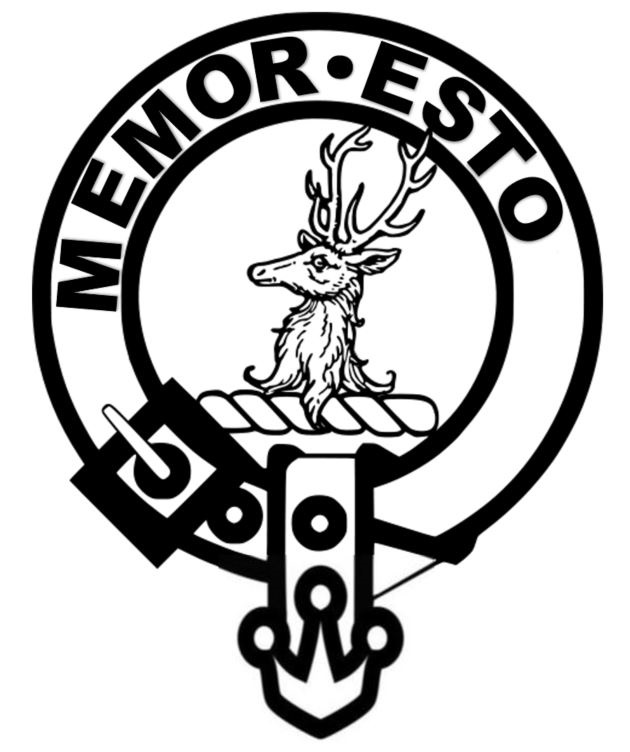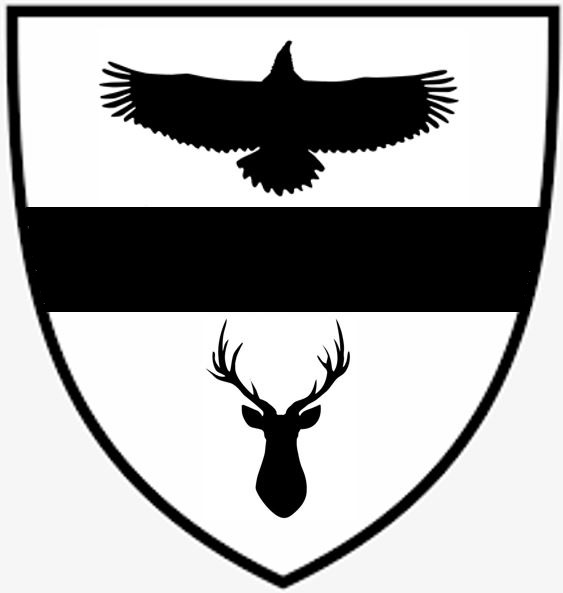Sale of mountains begs the question: Who 'owns' Scotland?
LAND DEBATE: Much of Scotland in hands of a few large landowners descended from clans
11/06/2000
T.R. Reid; The Washington Post
DUNVEGAN, Scotland – In the spring of 1498, the chronicles tell, the chief of Clan MacLeod was invited to lunch at Scotland’s royal palace with King James IV. Seated beneath a vaulted ceiling at the monarch’s vast table, dazzled by the gleam of a thousand candles, the insecure rural chieftain fell to bragging about his own wealth: “On our MacLeod estate, your highness, we have a table even grander than this, and candles brighter and ceilings that are higher.”
Unfortunately for the chief, the king called his bluff. “I’ll travel to your domain, then, and experience this MacLeod grandeur in person,” James said. This caused temporary panic here in the MacLeod homeland, but then the canny chief found a way to live up to his boasts. When the king arrived, he was led to a feast laid out on the grassy summit of a flat-topped mountain, with the starry heavens as a ceiling and hundreds of tall clansmen holding torches aloft as candles for the chief’s gargantuan table.
So impressed was James that he issued a royal charter declaring the western part of Skye and numerous other islands in the rugged Hebrides chain to be MacLeod lands in perpetuity. The document, dated July 15, 1498, can still be seen at the clan’s imposing castle above the raging sea here at Dunvegan.
And now that ancient land grant from a defunct royal line is at the center of a property dispute pitting Scotland’s antique system of land holdings against a modern push for public control of the wild and windswept highlands.
The dispute grows from a need to finance a mammoth home renovation job at Dunvegan Castle, the 780-year-old family seat that was already into its third century when James IV came to visit.
“It is hellishly difficult to maintain this castle,” moans the current head of the clan, a gentle soul in a threadbare kilt (MacLeod tartan, of course) whose formal title, “Chief John MacLeod of MacLeod,” seems more imposing than its holder. “My family have lived here since recorded time. The castle is a spiritual home for Macleod’s around the world. But one needs millions to keep it in repair! I wake up at night worrying about the roof.”
His reluctant solution, much unpopular with many neighbors: Sell a MacLeod mountain range.
This local dispute, in turn, reflects a bigger debate about who “owns” Scotland as the prosperous northern tip of the United Kingdom moves toward greater autonomy from its long-dominant neighbor, England.
Those objections reflect a broader state of turmoil about the status of Scotland. Scotland is a constituent part of the United Kingdom; the Scottish people are subjects of Queen Elizabeth II and elect representatives to the British Parliament in London. But Scotland also calls itself a nation, with a distinctive flag, currency, and, since last year, its own local Parliament in Edinburgh.
One of the key issues for the Scottish nationalist movement is “land reform,” that is, dealing with the fact that a few large landholders, many descended from the feudal clans, own millions of acres of rural Scotland.
The flat-topped mesa where the king is said to have dined is still identified on the maps as “MacLeod’s Table,” but it doesn’t belong to the Macleod’s anymore. Over the centuries, the family sold off that mountain and many other holdings. But the castle and other lands remain very much in the clan.
Thousands of tourists come to Dunvegan Castle every year, touring six handsomely furnished public rooms. But visitors don’t see the two dozen unrepaired rooms with rain buckets beneath the leaking ceilings, and mildewed carpet on rickety floors.
Since the castle is a recognized historic treasure, MacLeod asked the government for help. “They said, ‘This is an important property and we could give you 100,000 pounds over two years.’ I answered, ‘Steady on. My need is 6.3 million.'” That’s about $10 million.
Increasingly desperate, the 29th chief finally arrived at what he calls “a tragic decision.” He went to a real estate agency in Edinburgh and asked it to sell the last great MacLeod holding – the 35-square-mile Black Cuillin (pronounced “cool in”) mountain range.
Angry Scottish politicians demanded that Britain’s Crown Estate investigate the ownership of the Cuillin’s. The agency concluded that the mountain range is in fact MacLeod property, and has been since James IV’s royal charter.
“I suppose I should be relieved that the sale can proceed,” says MacLeod, looking sadder and older than his 64 years. “But I hate to sell this land. I am the steward of the MacLeod holdings. And when they sell, I shall feel very much alone.”
© The Washington Post

